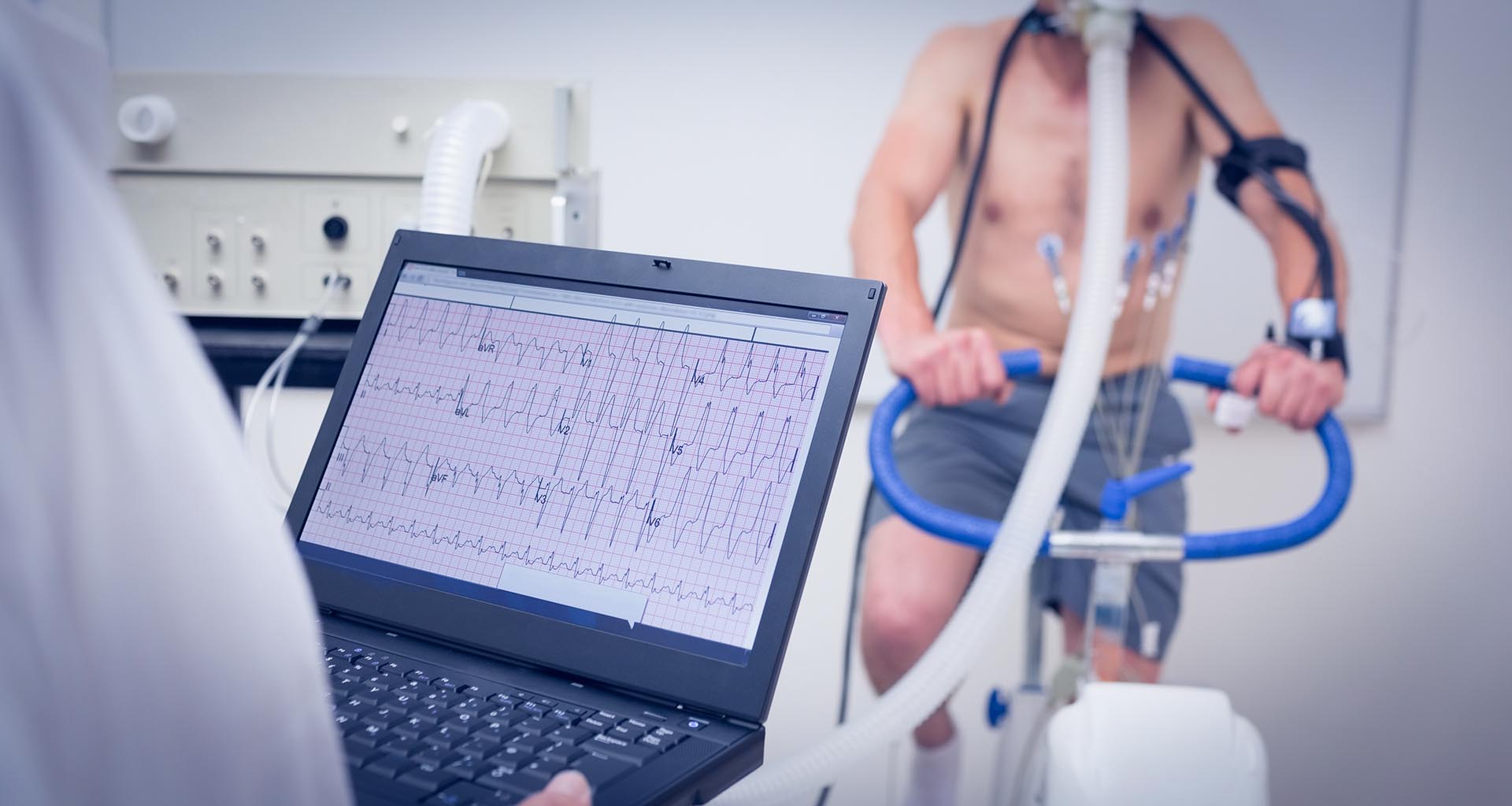
Interventional Cardiology

In the past, the only treatment available for heart disease was open-heart surgery, a complex procedure with risks that include blood clots, infection and death. Advances in medical technology, however, have allowed for less invasive treatments to emerge that can effectively address a number of conditions with fewer complications and a quicker recovery. Known as interventional cardiology, these treatments have revolutionized the field and provided a safer alternative to invasive surgery, making high-quality care more accessible than ever. As the region’s leader in interventional cardiology, Carolina Cardiology & Vascular Associates in the Midlands of South Carolina gives patients even more options when it comes to their heart health, providing an optimal therapeutic benefit by utilizing the safest and most effective treatments available.

What is Interventional Cardiology?
Interventional cardiology is a minimally-invasive approach to managing heart disease that uses catheter-based procedures to open blocked arteries, repair heart valves and more. Interventional cardiology includes treatments such as stenting, atherectomy and angioplasty, which have quickly become the gold standard in the treatment of many cardiovascular issues, offering patients effective care without the pain, scarring and risk of extensive surgery. Conditions that are often treated using interventional methods include:
- Coronary artery disease
- Peripheral vascular disease
- Heart valve disease
- Heart rhythm disorders
At Carolina Cardiology, board-certified cardiologist Dr. Dan Bouknight and his team perform interventional procedures whenever possible to improve treatment outcomes and provide effective care without long hospital stays. If you’re not a good candidate for catheter-based treatments, he will recommend the safest, most effective route possible in the treatment and management of your condition. To help you learn more about interventional cardiology, we’ve provided an overview of the minimally-invasive procedures we offer and how they can improve your heart health.
Revascularization Procedures
In interventional cardiology, revascularization procedures restore healthy blood flow to areas affected by obstructions, narrowing or disease. When blood flow is disrupted, the heart doesn’t receive enough oxygen and its ability to pump blood throughout the body is diminished. If left untreated, this can lead to serious complications and increase the risk of a heart attack or arrhythmia, as well as decrease your overall quality of life with symptoms that include neck or jaw pain, shortness of breath and fatigue. Interventional cardiology addresses these concerns with revascularization procedures that open up blocked or narrowed arteries to improve blood flow to the heart. The most common revascularization procedures are angioplasty, atherectomy or stenting.
- Angioplasty — Also known as balloon angioplasty or percutaneous coronary intervention (PCI), angioplasty opens up blood vessels that are narrowed or have a buildup of plaque. By inserting a catheter fitted with a small balloon into the affected arteries, Dr. Bouknight can widen them to restore blood flow without extensive surgery.
- Atherectomy — Atherectomy also improves blood flow in blocked arteries, but does so by removing plaque from artery walls instead of using an inflatable balloon to widen blood vessels. This is accomplished by inserting a catheter fitted with a small device into the affected arteries, which Dr. Bouknight uses to safely scrape away blockages. Depending on your condition, atherectomy may be combined with angioplasty and stents for an optimal outcome.
- Stenting — A stent is a small mesh tube that is used to keep arteries open and improve blood flow. Often placed during angioplasty, stents integrate into the arteria wall and become a permanent fixture that helps prevent future blockages.
The revascularization technique that is right for you will depend on your particular condition and cause of arterial obstruction. Dr. Bouknight will discuss your treatment options and thoroughly explain each procedure before proceeding, ensuring the best approach for improving blood flow in affected areas.
Pacemakers
In addition to revascularization procedures, a pacemaker can also be implanted using minimally-invasive techniques. A pacemaker is a small medical device that detects your heart’s activity and sends electrical pulses to maintain a normal heartbeat. These are usually permanent and treat conditions such as arrhythmia or heart failure, but temporary pacemakers are also used after a heart attack or surgery to ensure that your heart is beating properly.
Inserting a pacemaker is a relatively minor procedure that typically doesn’t require an overnight hospital stay. First, the wires or leads that will connect to the pacemaker are guided through a vein in the upper chest and into the heart. Once in place, the device itself will be connected and inserted beneath the skin through a small incision. The pacemaker will then be tested and the incision closed. Depending on the type of pacemaker being inserted, the entire procedure may last 60 to 90 minutes.
Your pacemaker will be programmed specifically for you and work in response to your heart’s needs. It won’t interfere with your daily life but will require periodic monitoring to ensure that it is working properly. You will also receive detailed aftercare instructions to ensure the best possible result, along with recommendations that will help you maintain awareness of your pacemaker and continue to live a healthy, active lifestyle. If you have questions or concerns during any point in your treatment, Dr. Bouknight and his team will be available to address them either over the phone or in office. At Carolina Cardiology, your long-term health and wellness is our top priority and we’re committed to providing the high-quality care you need to feel your best.
Schedule a Consultation
At Carolina Cardiology, Dr. Bouknight and his team are committed to improving the lives of patients and the quality of care they receive. By emphasizing minimally-invasive, catheter-based procedures, you’ll receive effective treatment with minimal disruption to your daily life so you can get back to the things you love, sooner. If you’d like to learn more about interventional cardiology and your care options, contact or call us today at (803) 888-2282 to schedule a consultation.
Schedule Consultation
Schedule Consultation
Call us at (803) 888-2282 or fill out the form below to schedule a consultation with us!
[gravityforms id="1" title="false" description="false" ajax="true"]
